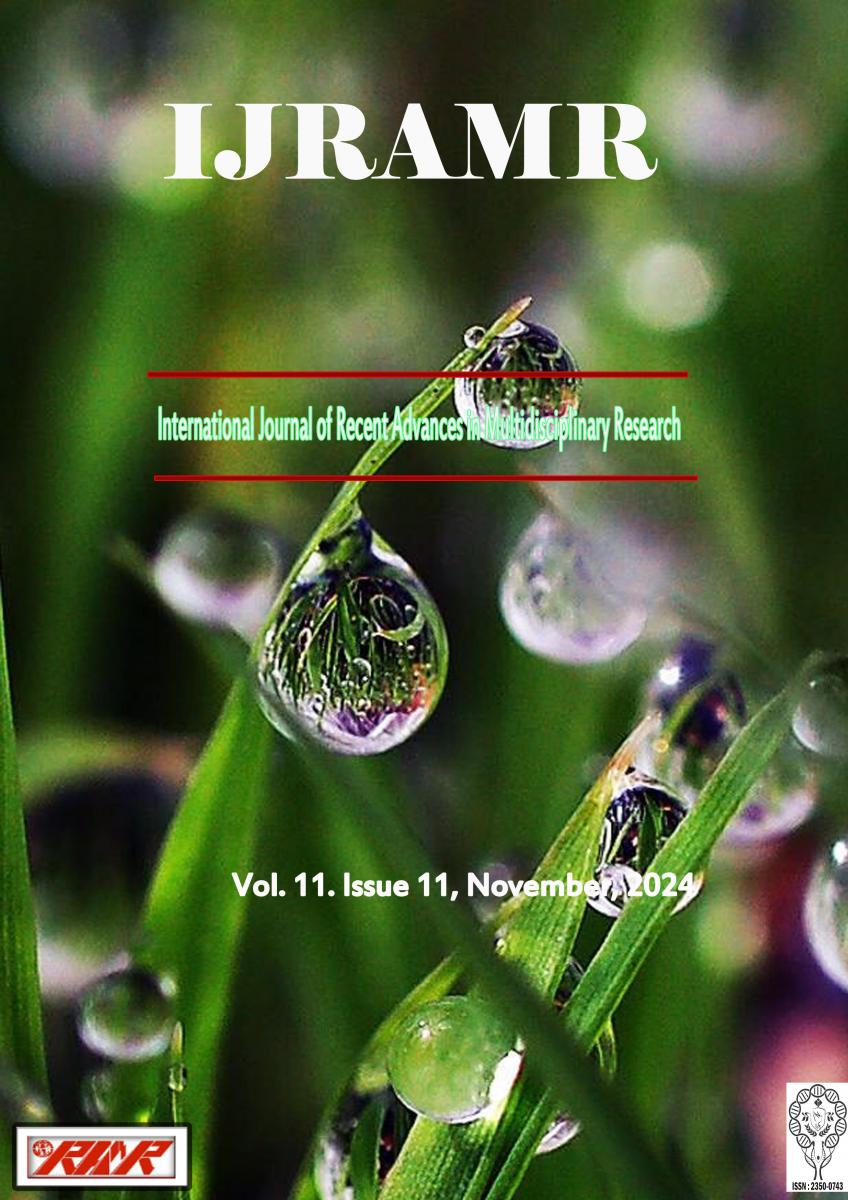Background: Poor nutrition in pregnancy is a major public health concern. The high intake of saturated fats, carbohydrates and sodas have been related to an increased risk of gestational diabetes mellitus. Therefore, nutritional deficiencies in pregnant women can lead to preterm labor & intra uterine growth retardation. Objective: Reproductive-aged women should adopt a healthy dietary lifestyle, which reduces the risk of adverse birth outcomes and chronic diseases of both mother and newborn. Therefore, the purpose of this study is to assess cultural-dietary behavior of consuming vegetables and fruit with adverse birth outcomes in pregnant ethnic minority women. Method: Literature for this review was conducted using the following online databases such as Pubmed, Google scholar and Science direct; a total of thirty-four articles were included in this study after the inclusion and exclusion criteria. All the findings in this study are based on published information as listed in the references. Result: Several of the reviewed study reported that association between maternal diet and adverse birth outcomes such as preterm birth, stillbirth, low birth weight, neonatal death, congenital anomaly and small for gestational age. Studies showed that the lifestyle intervention group showed higher consumption of vegetables compared to women in the control group. Also, sixty-five percent of ethnic minority women did not meet the maximum score for total vegetables intake. Conclusion: In a nutshell, longitudinal studies are required to assess and explore long-term influences and dietary behaviors for an effective behavioral change intervention study.






